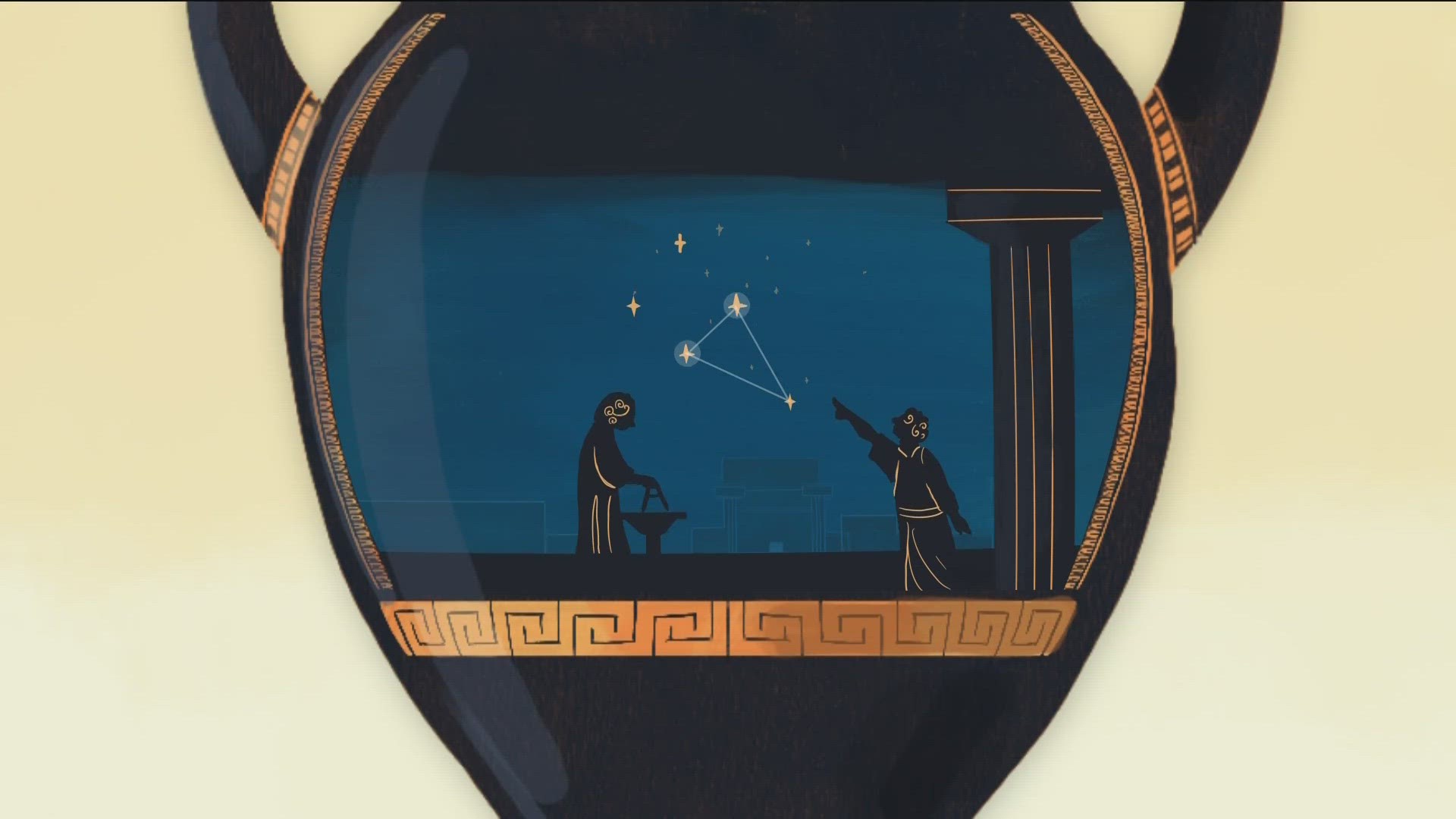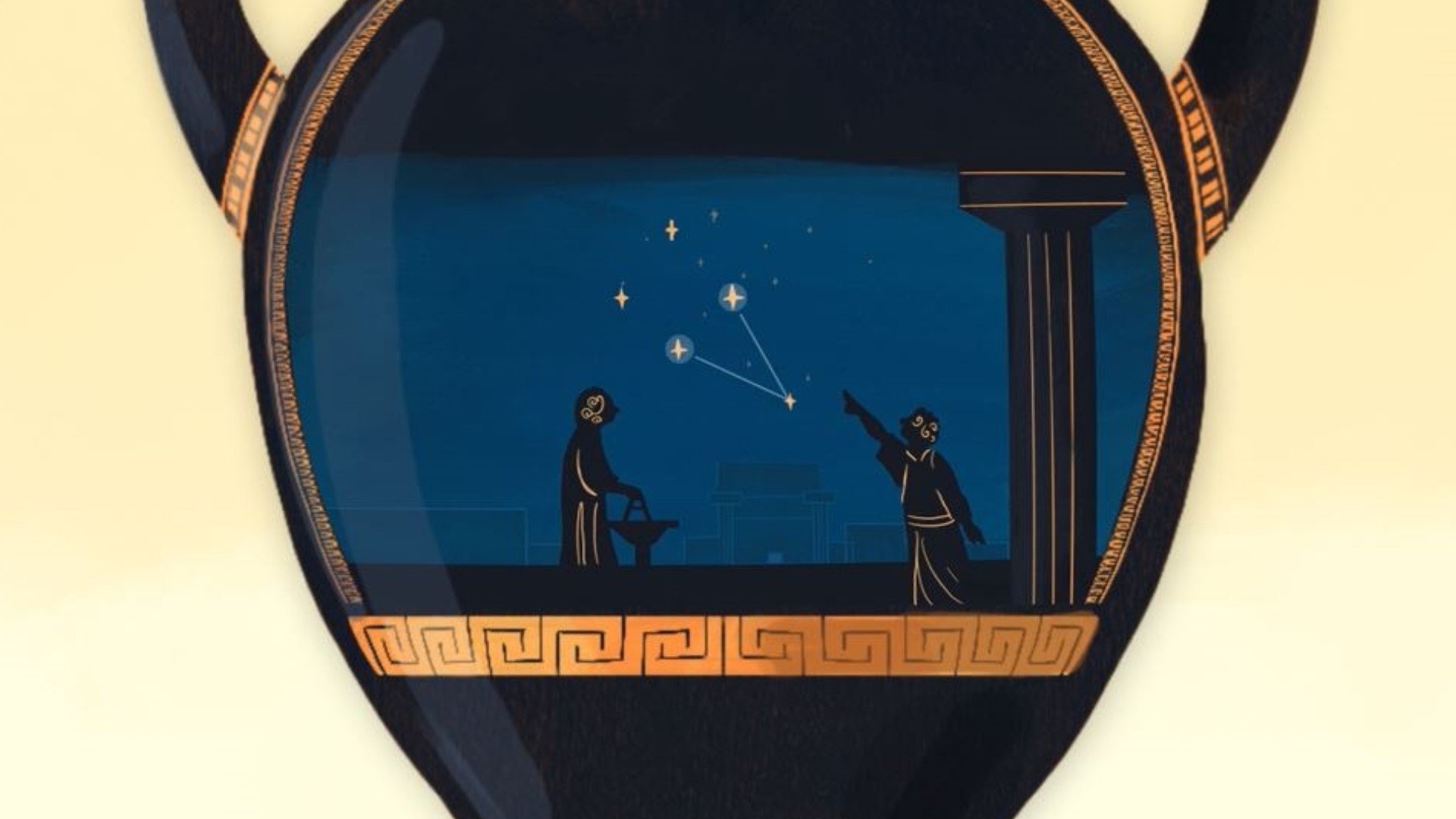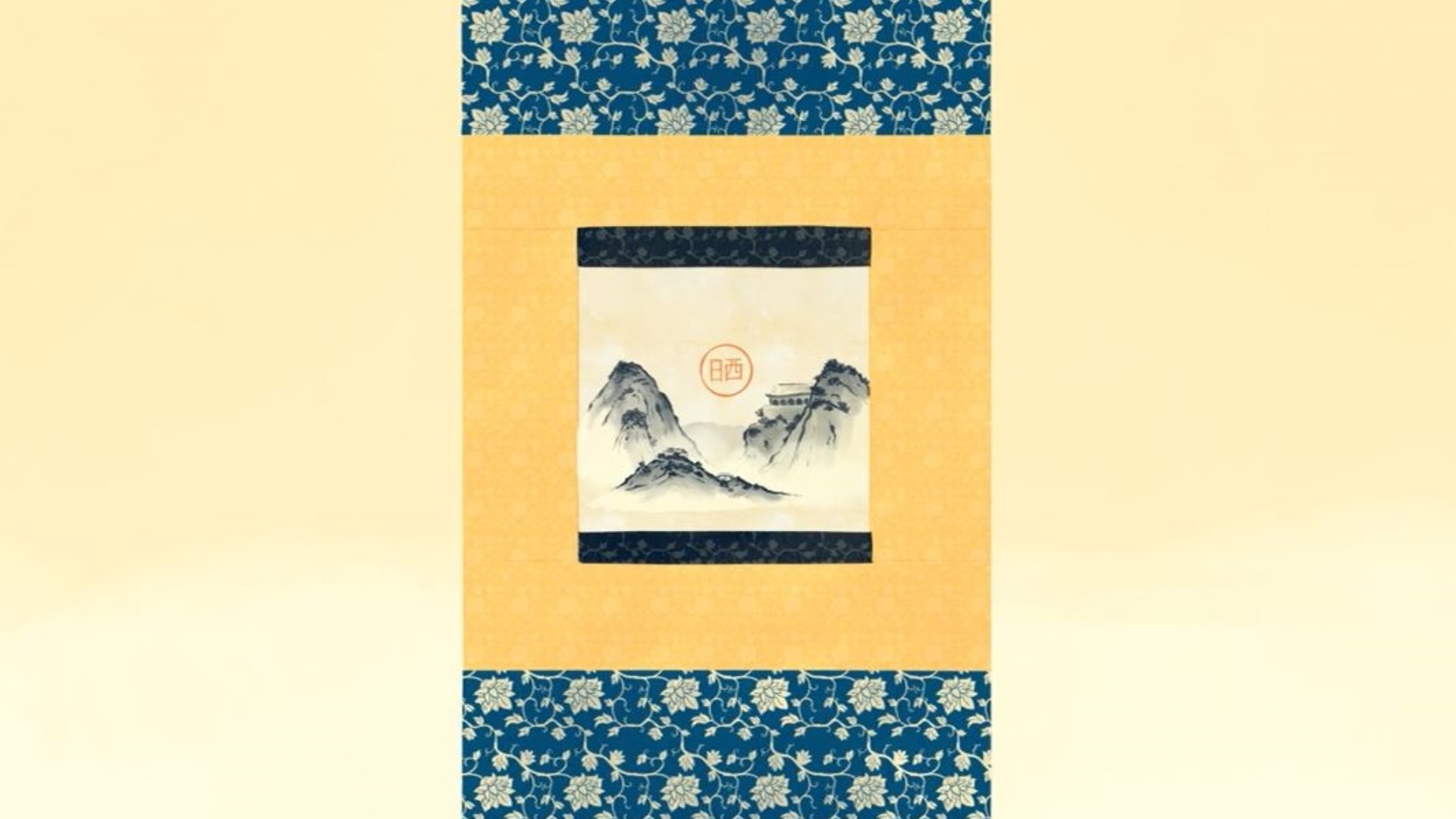SAN DIEGO — The total solar eclipse is one week away. Before there was scientific reasoning behind the astronomical event, there were cultural myths and superstitions for why the sun disappeared.
Long before telescopes, ancient cultures created their own beliefs about what was happening during a total solar eclipse.
“What we do know about eclipses, the best scientific knowledge that we have, came from the Mayans. And that was way before what we perceive as science and Western notions of knowledge and science,” said Amanda Petersen, Ph.D., University of San Diego Dean of Undergraduate Studies in the College of Arts and Sciences.
She’s also a professor of Latin American Studies and points to a short story written by a Guatemalan writer, Agusto Monterroso, titled "Eclipse."
“A priest is trying to threaten an indigenous group and say, well, if you don’t do as I say, the sun will go dark. And they’re like, who’s this guy, he’s saying his God is going to do this, because really, our Gods do this,” said Petersen.
This magical realism story shows that nature will overcome humans. A belief that still exists today.
“We start to think about this is just kind of superstition, and folklore, but truly the science and a lot of notions that came from pre conquest, the cultures that were discovered with the conquest are things that we base our current science on,” said Petersen.
Watch related: How ancient Greece predicted solar eclipses
The ancient Greeks' understanding of astronomy dates back to the 5th century BCE when philosopher Thales correctly predicted the solar eclipse.
That day was particularly historic as the eclipse was a catalyst for peace talks between the Lydians and Medes who had been at war with each other.
The work of the Greeks spread to the Islamic world in the 9th and 10th centuries and played a role in their religion.
Instead of the eclipse being feared, as it was in many cultures, the Prophet Muhammad said that there were wonders to be admired and proved the might and power of Allah the great.
Watch related: How ancient Islamic world predicted solar eclipses
In Chinese mythos, a celestial dragon swallowed the sun and moon during an eclipse. To scare away the sun- and moon-eating dragon, people would bang on loud drums to scare the dragon away and restore order to the universe.
While the eclipse has a scientific significance, these ancient stories help us to better understand the meaning behind cultural traditions.
“We have all these things that kind of live rent free, because we just assume them to be a truth and don’t understand that there was some sort of narrative or story that made us think that and about that meaning,” said Petersen.
Watch related: How ancient China predicted solar eclipses
One thing that is not a myth: Do not look directly at the sun, it could damage your eyes. Use certified solar glasses or a view box to watch the total solar eclipse.
On April 8, in San Diego, you can view the partial eclipse beginning at 10:03 a.m. It will peak at 11:11 a.m. and end by 12:23 p.m.
WATCH RELATED: How ancient Babylon predicted solar eclipses (March 29, 2024)




